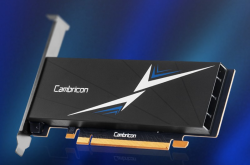Not Apple, but OpenAI welcomes Masayoshi Son, ending a $6.6 billion financing round
![]() 10/08 2024
10/08 2024
![]() 489
489
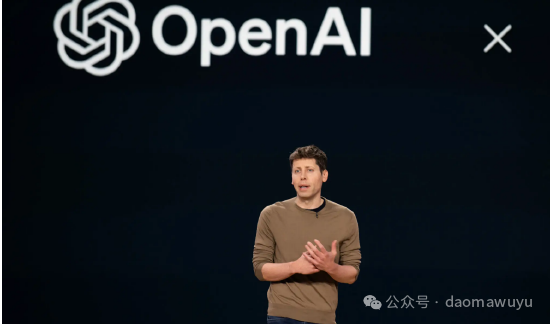
The much-rumored new financing round for OpenAI has finally come to a close. OpenAI announced that it has completed a $6.6 billion financing deal, which more than doubled the valuation of this highly anticipated company from nine months ago. Led by investment firm Thrive Capital, the new round values OpenAI at $157 billion. Among the investors are Microsoft, NVIDIA, SoftBank, and MGX, an investment company from the United Arab Emirates. Surprisingly, Apple, which was heavily rumored to participate, did not join in. This is somewhat unexpected, considering that Apple has already partnered with OpenAI and is poised to embrace AI comprehensively following the launch of the all-new iPhone 16 series. However, Apple passed up the opportunity to invest in OpenAI.
As everyone knows, OpenAI sparked an AI boom in 2022 with the launch of its online chatbot, ChatGPT, leading to a race among investors to fund startups developing similar technologies. With its early mover advantage, OpenAI has gained significant recognition and a huge head start. Its revenue is growing rapidly, but it is losing billions of dollars due to the exorbitant costs of building and running AI technologies like ChatGPT. This necessitates continuous fundraising. The giants' investment in OpenAI underscores their confidence in the future dominance of AI in the market.
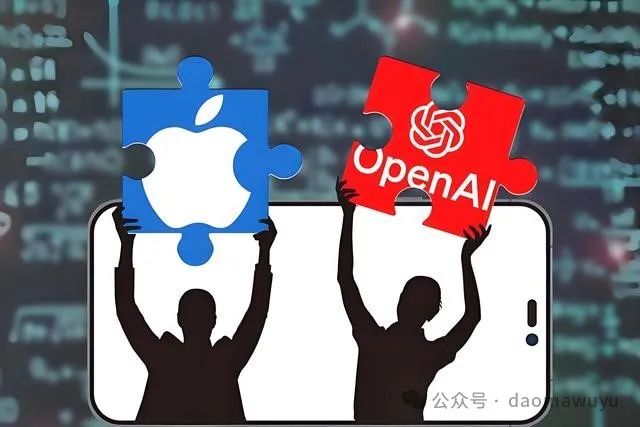
Interestingly, rumors had been rampant that Apple would participate in this round of financing, but ultimately, it chose not to. The round was jointly funded by Thrive Capital ($1.3 billion), Microsoft ($750 million), NVIDIA, SoftBank ($500 million), Tiger Global Management ($350 million), and Altimeter Capital ($250 million). Despite Apple's absence, OpenAI's financing went smoothly. According to Bloomberg, OpenAI even turned down billions of dollars in oversubscriptions, making it one of the highest-funded companies in the generative AI space, surpassing Musk's xAI platform with $6 billion in funding and OpenAI's main competitor, Anthropic, with $4 billion.
OpenAI stated that the new funds will be used to expand the benefits of AI. "The new funds will enable us to double down on our leadership in cutting-edge AI research, increase computing power, and continue building tools that help people solve tough problems." The company added, "We are making steady progress toward our mission of ensuring that artificial general intelligence (AGI) benefits all of humanity. Every week, over 250 million people worldwide use ChatGPT to improve their productivity, creativity, and learning abilities." "Businesses across industries are boosting productivity and operations, and developers are leveraging our platform to create a new generation of applications. This is just the beginning. Our goal is to make advanced intelligence a widely accessible resource."
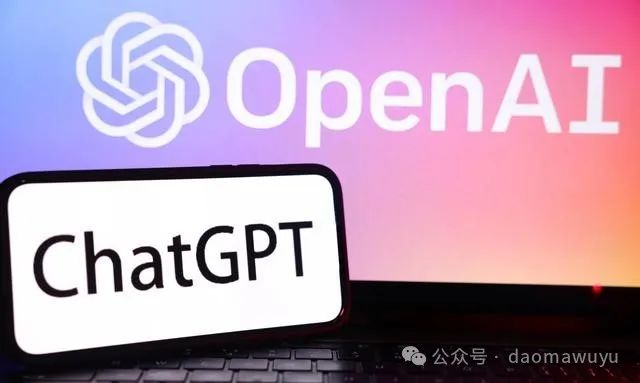
Media reports revealed that OpenAI generated $300 million in revenue in August, a staggering 1,700% increase from the beginning of last year. The company is projected to generate approximately $3.7 billion in sales this year and expects this figure to rise to $11.6 billion next year. Notably, during negotiations, OpenAI reportedly asked investors not to support competitors like Anthropic and xAI, hoping to reach exclusive agreements with investors to prevent other companies from challenging its early leadership in the generative AI space. This request reportedly angered Musk.
One question on investors' minds is why Apple ultimately decided not to invest in this round. It is believed that Apple's decision was based on concerns about OpenAI's internal turmoil, uncertain profitability prospects, and a collaboration model that did not meet its expectations. While Apple has announced a partnership with OpenAI to integrate ChatGPT into iOS 18, iPadOS 18, and the new macOS, and even plans to connect Siri with ChatGPT, the current beta versions of Apple Intelligence do not yet incorporate ChatGPT, and full integration is not expected until next year.
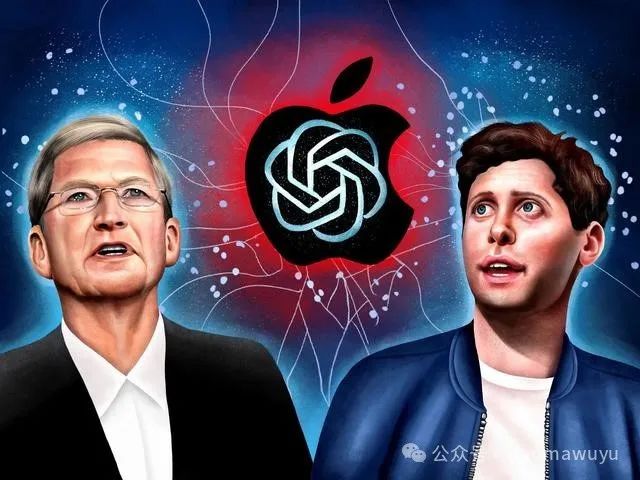
Apple's decision not to invest in OpenAI may stem from uncertainty about the company's business model. While Apple announced its partnership with OpenAI in June this year, progress has been slow. To date, ChatGPT has not been integrated into Apple's intelligent systems, and its special features are not expected to be available on iPhones until next year. The pace and effectiveness of the partnership may not have met Apple's expectations, affecting its confidence in collaborating with OpenAI. It is well known that Apple's embrace of AI is inevitable, but how it integrates AI tools lags significantly behind Microsoft. The latter has demonstrated greater proficiency in integrating GPT and applying ChatGPT, quickly incorporating it into its product lines. In contrast, since Apple announced its partnership with OpenAI, the delay in launching corresponding applications suggests that Apple has more concerns about deepening its collaboration within its product lines.
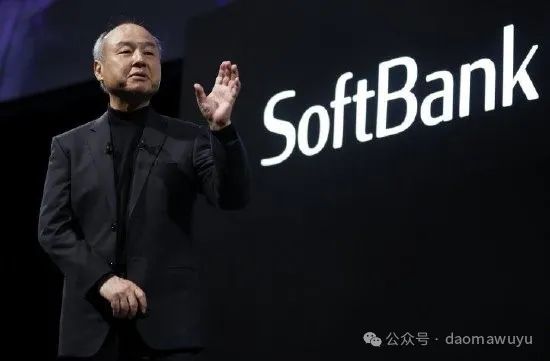
Furthermore, Apple's focus on developing Apple Intelligence using its own technology and capabilities has not progressed as quickly as anticipated. This explains why Apple Intelligence was not simultaneously introduced with the iPhone 16 series. While investing in OpenAI is purely a financial decision unrelated to collaboration, why has Microsoft continued to invest in OpenAI while Apple has not? Additionally, SoftBank's surprise entry into the round is noteworthy. Known for his keen investment acumen, Masayoshi Son's investment in OpenAI following his successful investment in Alibaba could signal a new beginning for SoftBank in the AI space.





